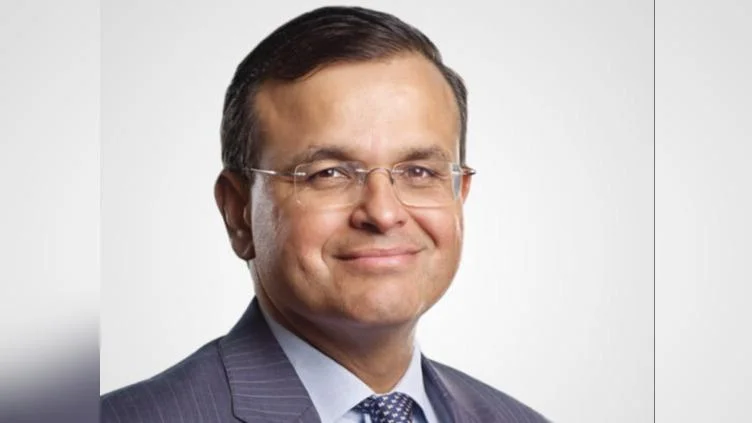Standard Chartered has released its latest Future of Trade: Resilience report, highlighting that global corporates are increasingly considering factors beyond tariffs when shaping their trade strategies. According to the report, 53% of surveyed companies identified emerging technologies and global economic growth as equally important drivers for the future of global trade.
The findings are based on a survey conducted by Kantar between July and early August 2025, involving 1,200 C-suite executives and senior leaders from multinational corporations with annual revenues exceeding USD250 million. The participants represented 17 key markets across four sectors.
Rising costs remain a significant concern for businesses. More than six in ten corporates expect costs to rise by 5% to 14%, prompting over half to pursue a multi-faceted response. This includes realigning supply chains geographically, enhancing treasury management strategies, and increasing digitalisation efforts.
Sunil Kaushal, Global Co-head of Corporate & Investment Banking and CEO for ASEAN and South Asia at Standard Chartered, stated: “We are seeing strong demand from clients to evolve their global trade and supply chain ecosystems and accelerate the adoption of smart manufacturing and AI to drive efficiencies and offset rising costs. Although trade fragmentation is likely to hinder global growth in the short term, rising prosperity in developing economies and emerging technology means that the picture, while complex, is still compelling."
The report identifies India, Malaysia, Mainland China, Indonesia, the UAE, and the US as the top six markets where corporates are focusing their supply chain realignment efforts. It also notes an increasing emphasis on Asia’s role in driving trade growth over the next three to five years. The Middle East is gaining prominence alongside continued strong activity from the US.
Nearly 40% of surveyed companies have already adopted supply chain finance platforms. More than half plan further implementation soon to optimise cash flow. Corporates stressed the value of banking partners who can connect them with vendors globally and support cross-border supply chain shifts through extensive networks.
According to Standard Chartered’s research, investing in digitalisation and supply chain finance platforms is seen as crucial for improving treasury management, corporate cash flows, and diversification strategies.
For more information about Standard Chartered’s Future of Trade report or its methodology, contact Alvina Neo at +65 6981 5796.

